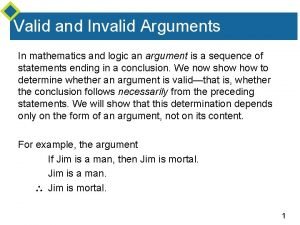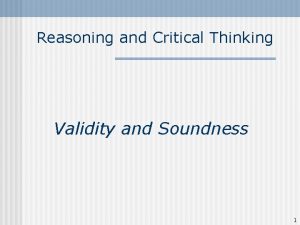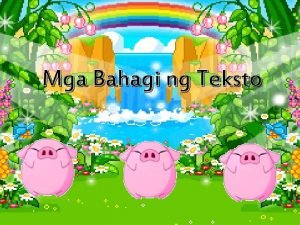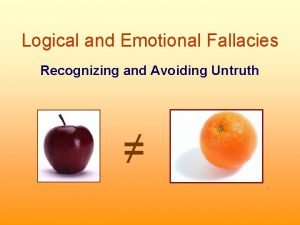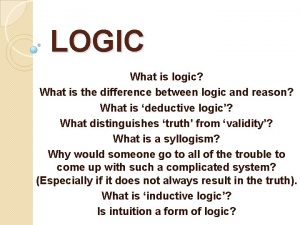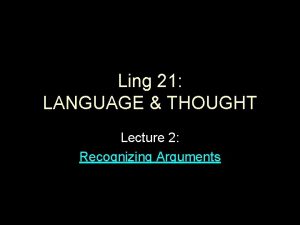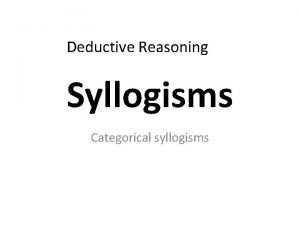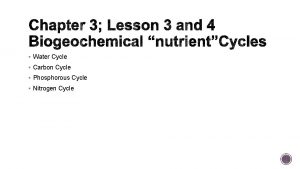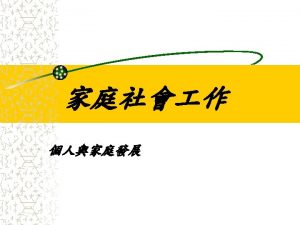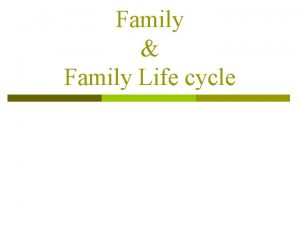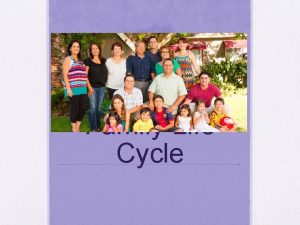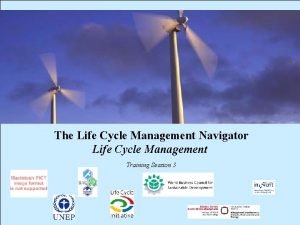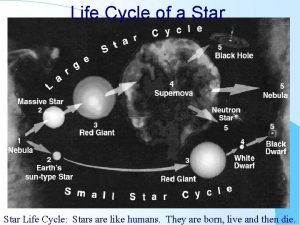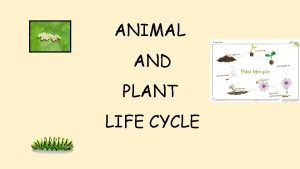The family life cycle Premise The family life















- Slides: 15

The family life cycle

Premise - The family life cycle describes a series of stages that most people go through when they become young adults. - Each stage brings immense changes to a family and introduces new challenges which must be completed in order to move onto the next stages. This helps the family develop new skills/responsibilities that will be very beneficial in the future. - Not all of these stages can be completed easily. some of them are more difficult to complete than others, and the transitions between stages can be very stressful. Mazarin, Jade. (2003). The Family Life Cycle: Definitions, Stages & Theories. Retrieved from http: //study. com/academy/lesson/the-familylife-cycle-definition-stages-theory. html Harder, F, Arlene. (2002). The Family’s Life Cycle. Retrieved from http: //www. support 4 change. com/index. php? opti on=com_content&view=article&id=110&Itemid=1 51


Adolescent Years

Connection to adolescence. - This theory outlines a stage that every teenager must face: the transition into adulthood. For many, this is an extremely difficult time in life; it’s usually the first time that an individual must separate from their family of origin and develop an independent identity. - There are three essential task that must be completed at this stage: Forming an individual identity, developing new relationships, and committing to a job/ career. Mazarin, Jade. (2003). The Family Life Cycle: Definitions, Stages & Theories. Retrieved from http: //study. com/academy/lesson/thefamily-life-cycle-definition-stagestheory. html

#1: Forming a separate identity from the family of origin - Developing an independent identity is an essential part of getting older for everyone. In order to do so, a young adult must separate from our families in order to learn how to support themselves on their own. - This is a time for learning as well. Developing this sense of independence can help an individual learn more about themselves and their interests. - At this time, a young adult is usually finishing up highschool and going off to College or University Romito, Kathleen. (2013 January 3). Family Life Cycle. Retrieved from http: //www. emedicinehealth. com/family_life_cyclehealth/page 9_em. htm#Credits

#2: Developing relationships with others outside of the family of origin. - In addition to forming an independent identity from their family of origin, a young adult must form new relationships as well. This includes forming relationships with friends as well as romantic relationships. - These new relationships helps a young person develop new healthy relationships on their own, which is an extremely helpful skill to develop for the future. Harder, F, Arlene. (2002). The Family’s Life Cycle. Retrieved from http: //www. support 4 change. com/index. php? option =com_content&view=article&id=110&Itemid=151

3) Young adults must make their first commitment to a career or job. - During adolescence, a teen might have a part-time job while attending school, but when one becomes a young adult, they have to make a commitment to a full-time job or even a career. - By this point in time, it is expected for a young adult to know what they want to do for a career; they might be attending school to expand their knowledge on their career interest, and they will then commit themselves to this career. - This is essential because it not only develops personal responsibility, but committing to a job will help an individual support their family if they Romito, Kathleen. (2013 January 3). Family Life Cycle. Retrieved from http: //www. emedicinehealth. com/family _life_cyclehealth/page 9_em. htm#Credits

Connection to society - The family life cycle attempts to explain how typical families/individuals develop in our society. - This also reflects certain social norms/ expectations. (Ie, It’s expected for a person to be committed to a job/career), which makes it biased.

Strengths - These tasks help a young person accept new responsibilities which are essential to have as time progresses. Promotes the importance of understanding yourself and your interests. Helps prevent a young adult from depending on their family of origin for everything. Helps young adults develop an independent identity in order to support themselves. - Stresses the importance of developing healthy relationships - Helps a young adult develop a sense of commitment to others as well as to a job/career

Weaknesses - These stages might not accurately describe the lives of every individual. It could make a young adult feel overwhelmed, which could cause high levels of stress It does not explain how to deal with these stages in an appropriate manner. A young adult might not know what they want to do for a living by the time they reach this stage of their life. The relationship that a young adult forms might not be healthy and this could lead to a variety of problems.

https: //www. youtube. com/watch? v=t. Ip. Oh-DVc-o

Question time! 1) Do you think the transition to adulthood is harder on the young adult, or for their parents/ guardians? Explain your reasoning. 2) Do you feel pressured by societal norms? Explain why or why not. 3) Is there a definitive transition into adulthood that applies to everyone, or do you feel as if it’s different for every individual? explain your reasoning.

Sources Harder, F, Arlene. (2002). The Family’s Life Cycle. Retrieved from http: //www. support 4 change. com/index. php? option=com_content&view=article&id=110&Itemid=151 Mazarin, Jade. (2003). The Family Life Cycle Definitions, Stages & Theories. Retrieved from http: //study. com/academy/lesson/the-family-life-cycle-definition-stagestheory. html Romito, Kathleen. (2013 January 3). Family Life Cycle. Retrieved from http: //www. emedicinehealth. com/family_life_cyclehealth/page 9_em. htm#Credits

Bibliography http: //poorlydrawnlines. com/comic/adulthood/ http: //mikemesserli. blogspot. ca/2011/06/stages-of-life. html http: //www. freshtvinc. com/tag/6 teen-archive/ https: //www. google. ca/search? q=I+dont+wanna+grow+up&biw=1247&bih=622&source=lnms&tbm=isch&sa=X&ved=0 CA YQ_AUo. AWo. VCh. MIg 6 z. Ktu. GSy. QIVBVoe. Ch 3 -VAMp&dpr=0. 9#tbm=isch&q=norms&imgrc=n 4 d_Mqotn. Zj. WAM%3 A http: //hobopace. com/strength-functional-strength-or-does-it/ http: //eddieonfilm. blogspot. ca/2011/03/i-believe-in-godfather. html http: //www. slideshare. net/abpascual/the-family-life-cycle http: //www. cartoonscrapbook. com/U/undergrads 2001. htm https: //rachelkeir 93. wordpress. com/2015/05/27/the-impact-of-family-lifecycle-on-consumer-behaviour/
 Voltage secure email
Voltage secure email Valid vs invalid arguments
Valid vs invalid arguments Premise control
Premise control Funny syllogisms
Funny syllogisms Premise control
Premise control Validity critical thinking
Validity critical thinking Dynamics 365 on premise to cloud migration
Dynamics 365 on premise to cloud migration Ibigay ang bahagi ng tekstong naglalahad
Ibigay ang bahagi ng tekstong naglalahad Only cause fallacy
Only cause fallacy Law of syllogism
Law of syllogism Premise indicators
Premise indicators Arguments and explanations
Arguments and explanations Siebel on premise
Siebel on premise Ibm cloud backup
Ibm cloud backup False premise definition
False premise definition Major premise in syllogism
Major premise in syllogism

